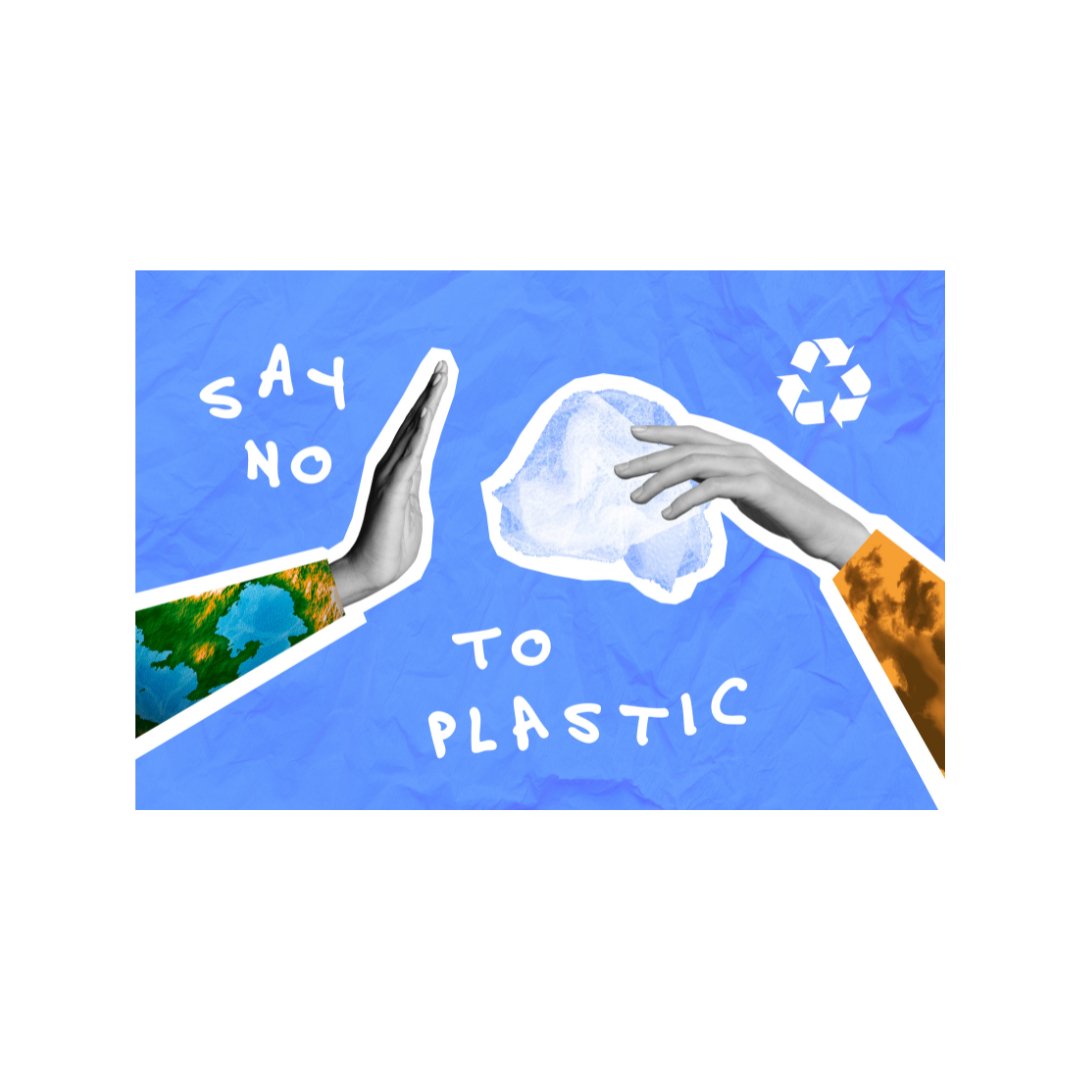
How is Plastic Made and Why Choosing Sustainable Alternatives Matters
Introduction:
In a world increasingly aware of environmental issues, understanding the origins and impact of everyday materials is crucial. Plastic, a ubiquitous presence in our lives, has a complex and environmentally intensive production process. This article delves into how plastic is made and underscores the importance of shifting towards sustainable alternatives.
The Detailed Plastic Production Process:
-
Extraction of Raw Materials:
- Plastic production starts with extracting fossil fuels, mainly crude oil and natural gas, often involving environmentally invasive drilling techniques.
- These processes can lead to habitat destruction and significant soil and water pollution.
-
Refining Process:
- Crude oil and natural gas are transported to refineries where they are converted into ethane and propane.
- This refining process is energy-intensive and releases harmful emissions, contributing to air pollution and climate change.
-
Cracking and Polymerization:
- Ethane and propane undergo 'cracking', a high-temperature process that breaks them down into ethylene and propylene.
- These molecules are then polymerized – a chemical process where small molecules (monomers) are joined to form long chains (polymers), creating the base of various plastics.
-
Compounding and Additives:
- During compounding, additives are mixed with polymers to enhance properties like flexibility, durability, and color.
- These additives can include plasticizers, stabilizers, fillers, or flame retardants, some of which raise concerns about toxicity and environmental harm.
-
Molding and Shaping:
- The final stage involves melting and molding the plastic into desired products, ranging from packaging materials to automotive parts.
- This process itself is energy-intensive and can release volatile organic compounds (VOCs) into the atmosphere.
The Environmental Impact:
- Resource Consumption: The extraction and processing of fossil fuels for plastic production consume vast amounts of energy and contribute significantly to carbon emissions.
- Pollution and Health Risks: Emissions during production and additives in plastics pose serious environmental and health risks, including air and water pollution and potential toxicity.
- Waste Crisis: With a large portion of produced plastic being disposable, waste management becomes a critical issue. Plastic waste contributes to land and marine pollution, affecting wildlife and ecosystems globally.
Transitioning to Sustainable Alternatives: Given the environmental toll of plastic production, turning to sustainable alternatives is not just a choice but a necessity. Here’s how you can contribute:
-
Reusable and Eco-Friendly Products:
- Embrace products designed for multiple uses, like our Eco-Friendly Shopping Bags, reducing the need for disposable plastic bags.
- Use products made from sustainable materials, such as bamboo, glass, or recycled materials.
-
Biodegradable and Compostable Options:
- Products like our Bamboo Toothbrushes offer an eco-friendly alternative to plastic toothbrushes and are biodegradable.
- Choose compostable items for items that need to be disposed of, ensuring they break down harmlessly.
-
Supporting Sustainable Practices:
- By choosing brands committed to sustainable practices, you help reduce the demand for new plastic production.
- Educate yourself and others about the importance of sustainability and how individual choices can make a collective impact.
Conclusion:
The journey from fossil fuels to the plastic items we use every day is fraught with environmental challenges. By understanding this process, we can better appreciate the urgency of adopting sustainable alternatives. At Eco Wonders, we're dedicated to providing products that help bridge the gap between convenience and environmental responsibility. Join us in making a positive change for our planet.
